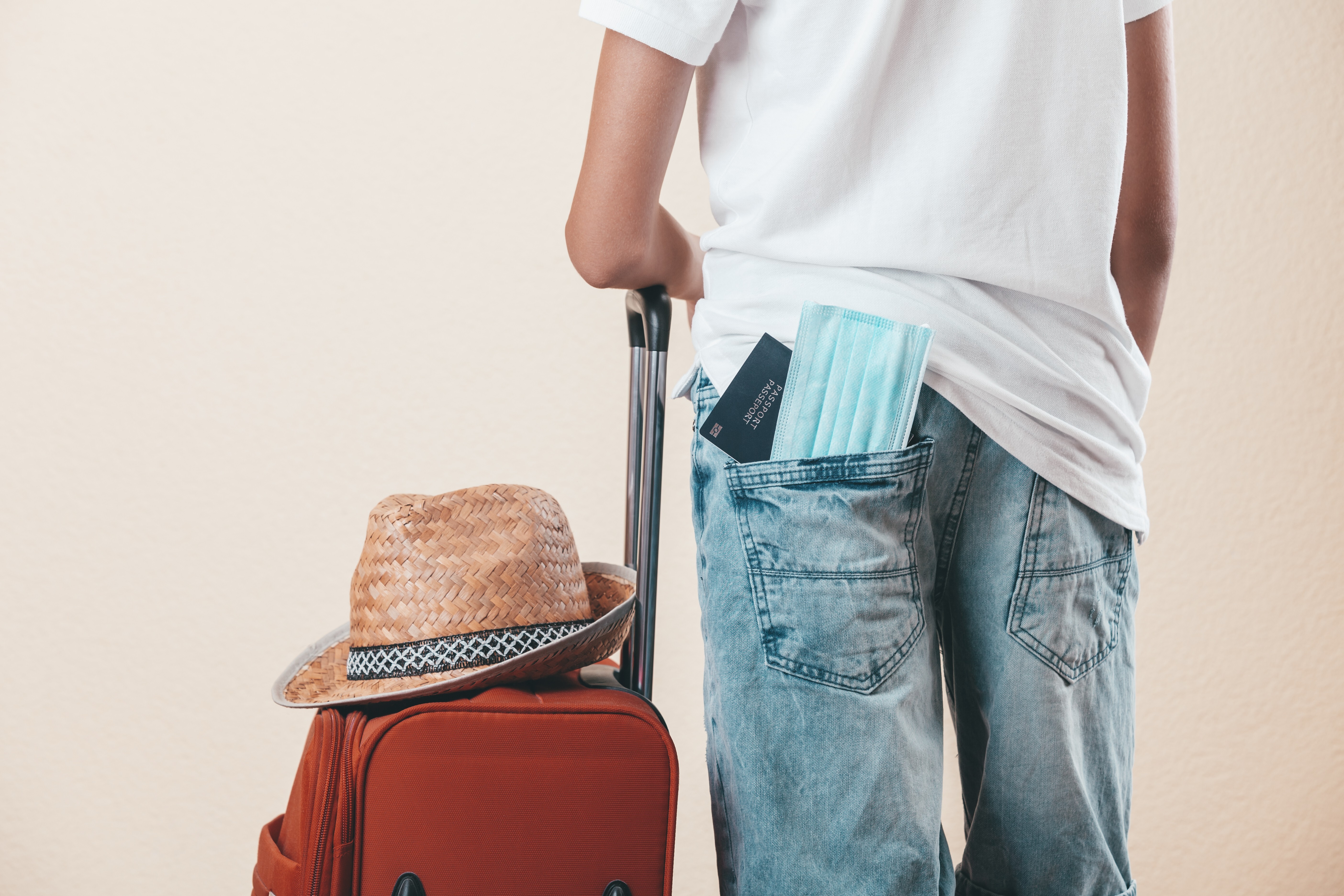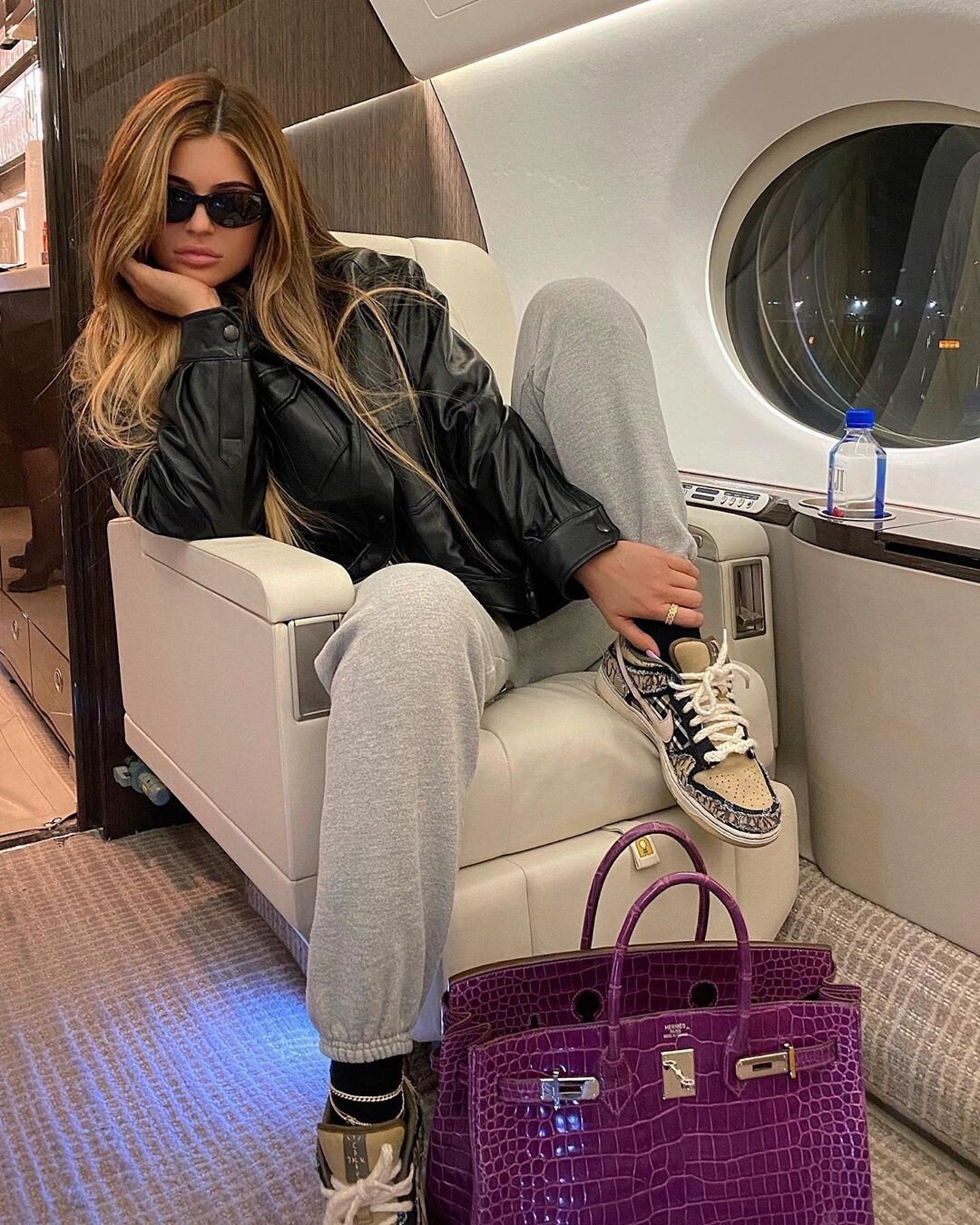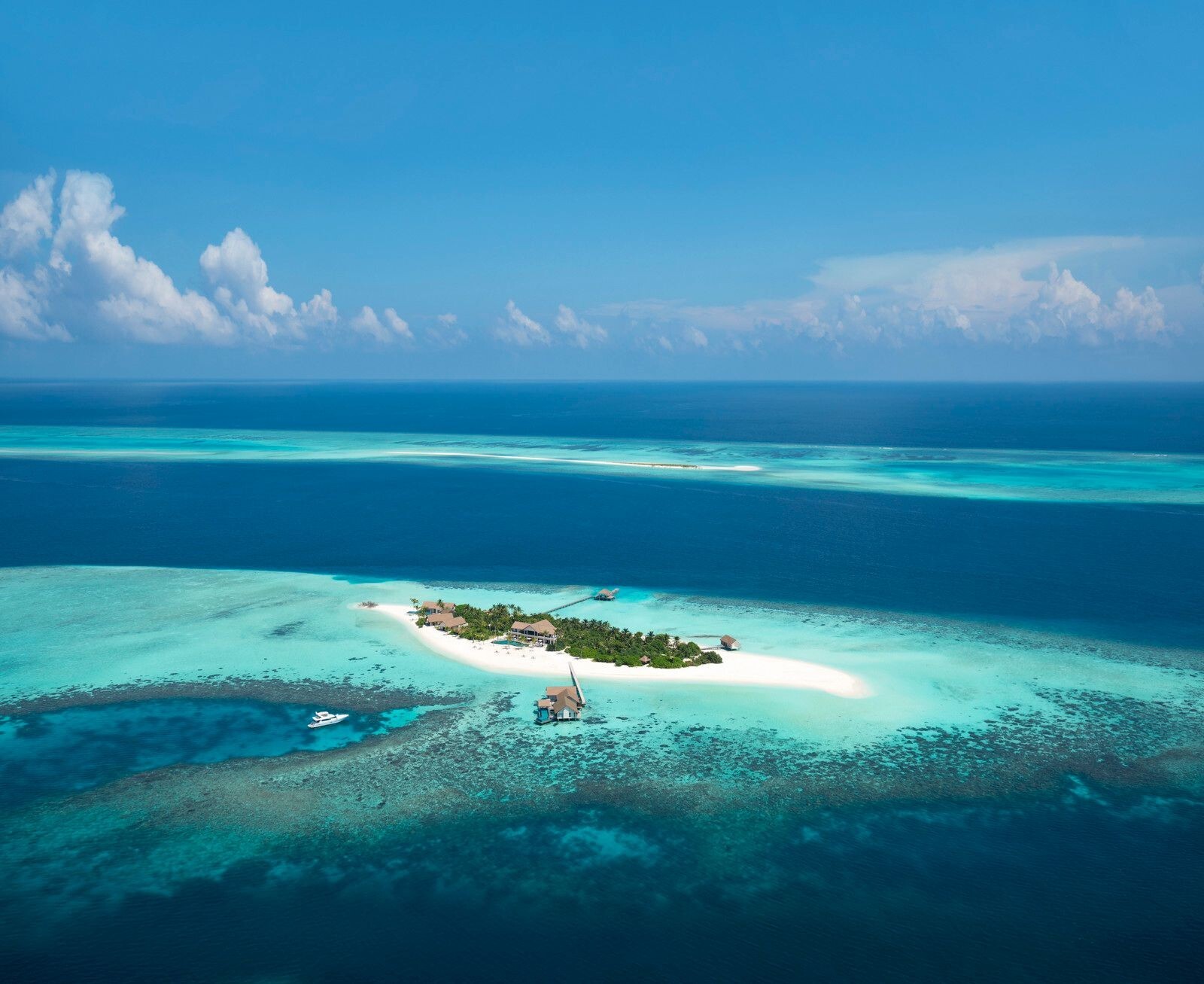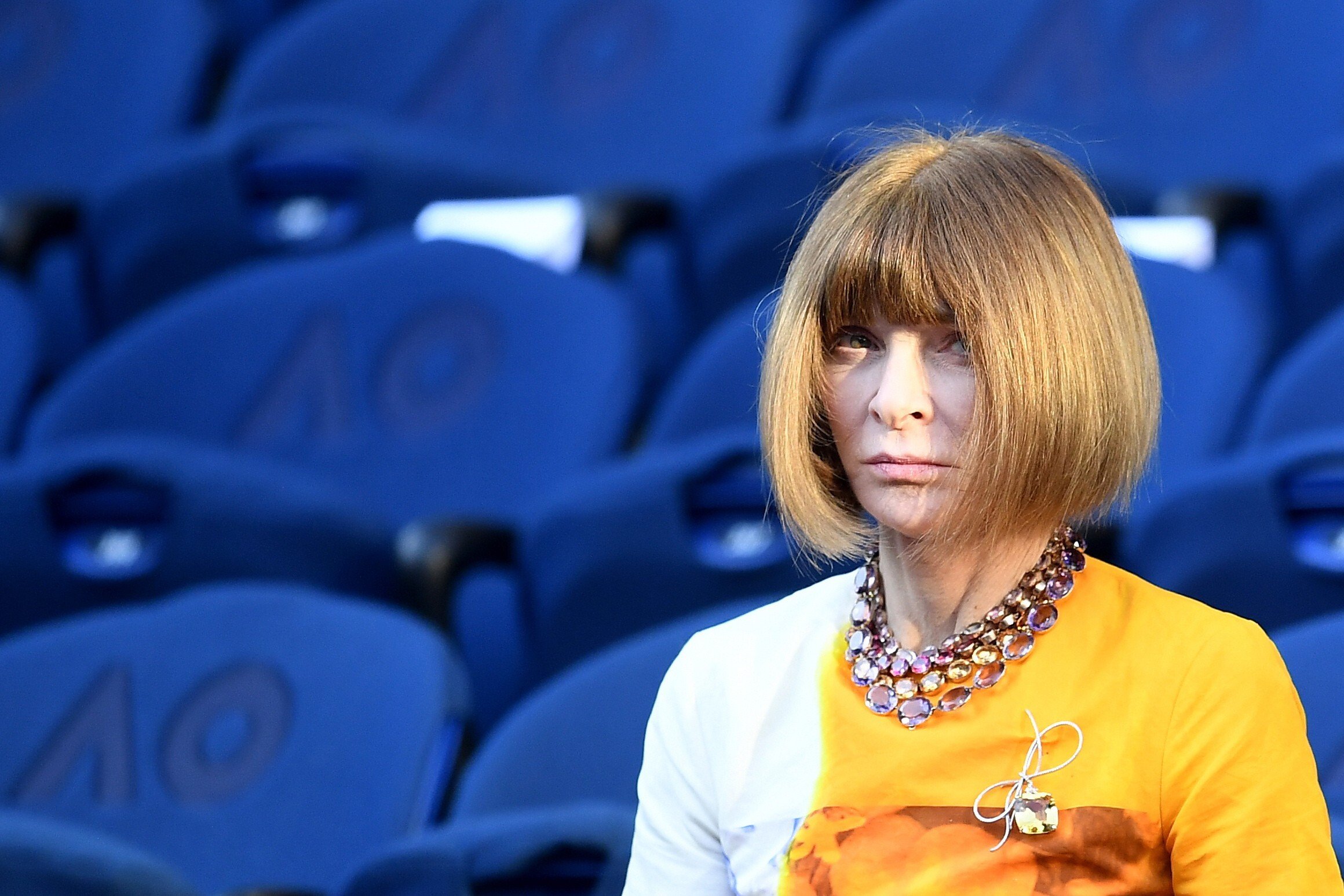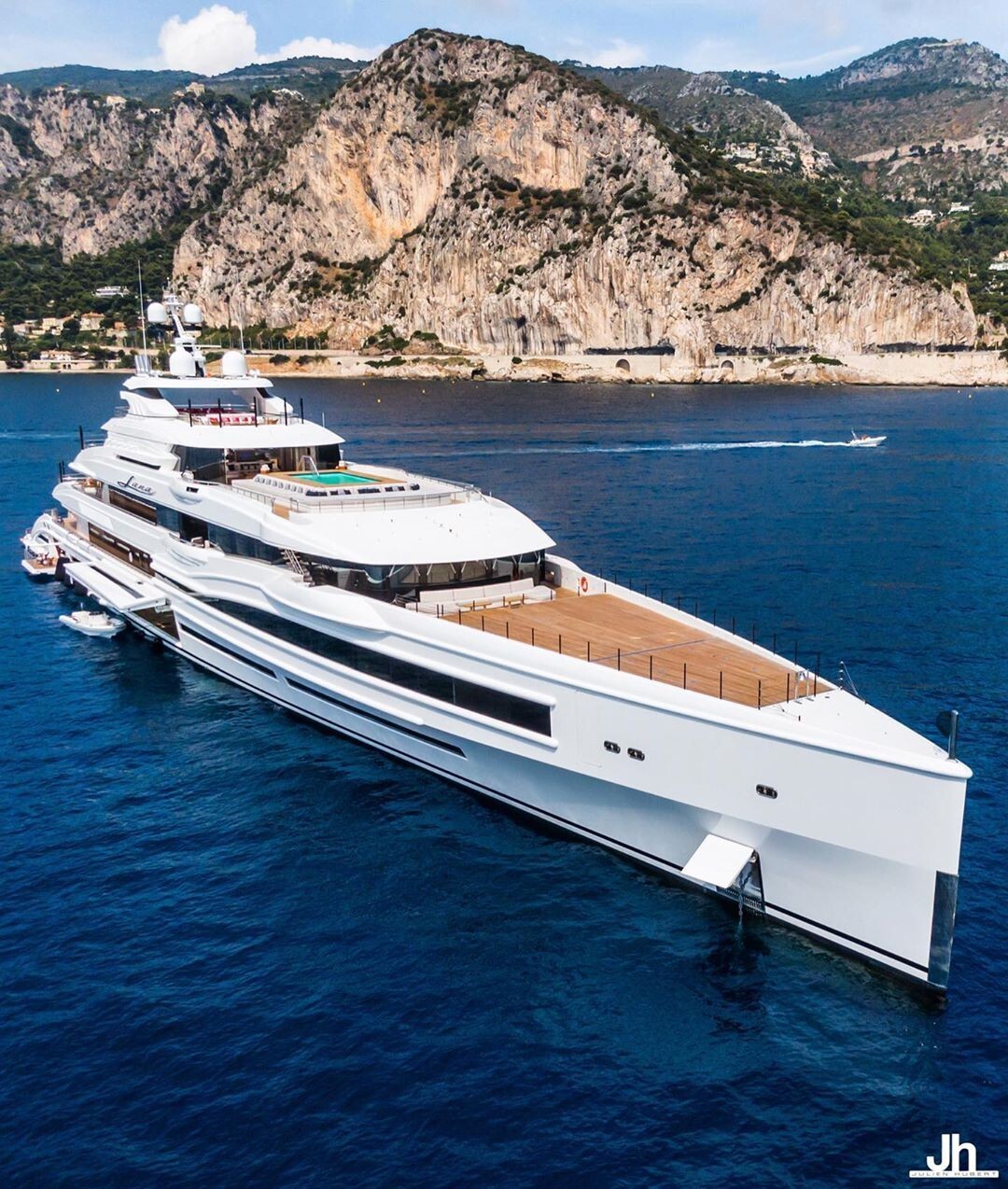Opinion / From Hermès to Rolls-Royce, luxury brands are selling escapism to lead us – and the global economy – out of the Covid-19 pandemic
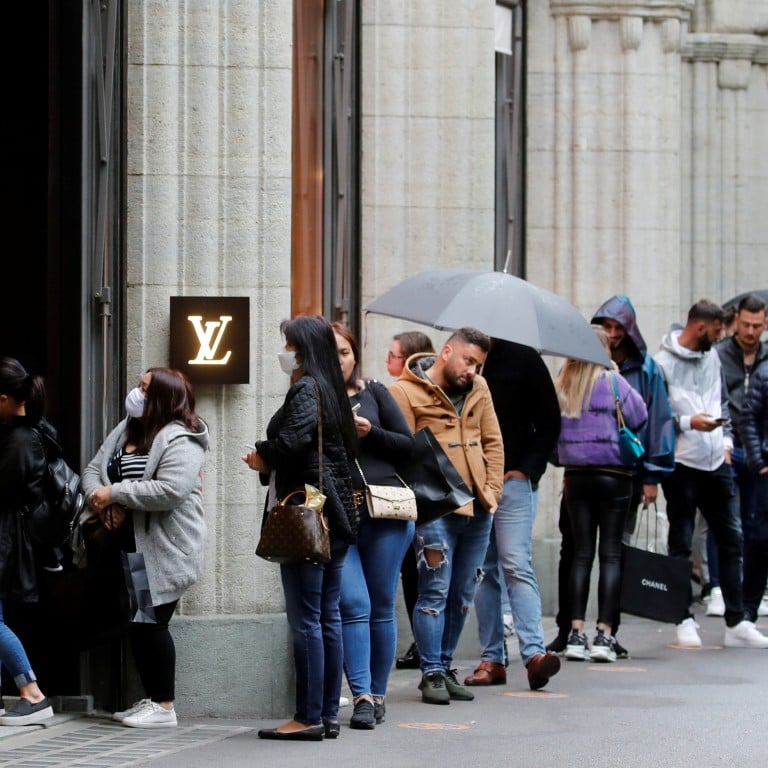
High-end retail typically rebounds dramatically faster in times of crisis, and as the world opens up and embraces a new normal, from demand for private planes to island escapes, luxury leaders have a key role to play in kick-starting the global economy
This column is part of STYLE’s Inside Luxury column.
It may sound counter-intuitive, but I am certain the luxury sector will lead the rebound of the global economy once the coronavirus pandemic is over. At first glance this does not seem to make sense because the luxury sector is a relatively small part of the global economy. And often, when a crisis hits, many commentators are quick to write off the luxury industry and predict the emergence of austerity and “stealth consumption”.
If the past is an indicator for the future, this will not happen. Bain & Company showed in the 2019 “Luxury Goods Worldwide Market Study” that the global luxury market grew between 1996 and 2019 with a compound annual growth rate of 6 per cent, two times the growth of global GDP. This time frame included the dotcom bubble burst, the 9/11 attacks, Sars and the subprime and financial crisis of 2008/2009. In the entire period there was only one significant drop with an 8 per cent year-on-year decline in 2009, but 2010 was already exceeding 2008, significantly accelerating the growth of the luxury sector henceforth.
When we look at economic indicators after crises, high-end retail typically rebounds dramatically faster to pre-crisis level than low-end retails. And maybe the most alarming factor is the unemployment rate, which is typically one of the slowest to fully rebound. After the 2008 crisis, the unemployment rate in the US had only recovered to around 20 per cent of the pre-crisis rate by 2011. This indicates that a crisis hits customers and brands that are the most vulnerable hardest.
The Covid-19 pandemic compounds challenges that many luxury brands are already facing. But it also offers opportunities for those brands that excel in inspiring customers, creating value for them, evoking dreams and initiating memories. In fact, in times of crisis, luxury brands should connect stronger than ever before with their customers.
The director of one of the most exclusive luxury hotels in India told me recently that wealthy guests now often book the entire hotel, just to make sure they have total privacy. Gregory Day, the CEO of the Malibu Beach Inn, one of the most luxurious and intimate hotels in California, calls his approach “barefoot luxury”, focusing on the total well-being of his guests. Lauren Berger, who organises ultra-luxury travel experiences told me that her services are in high demand as people “seek not only absolute hospitality, but complete peace of mind”.
Another hidden factor is luxury as the ultimate treat. Consequently, highly personalised high-end beauty and well-being rituals are rebounding rapidly according to several industry sources.






